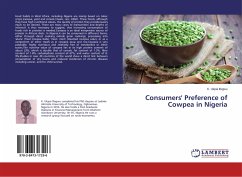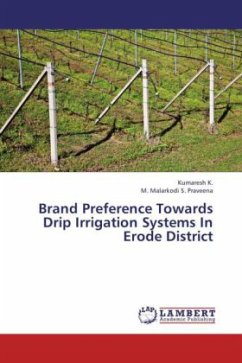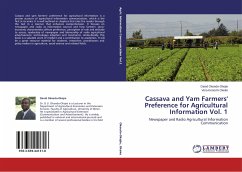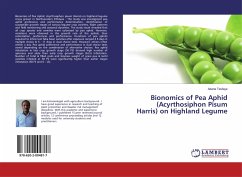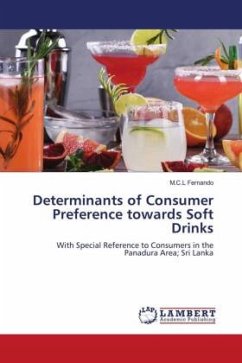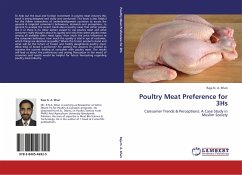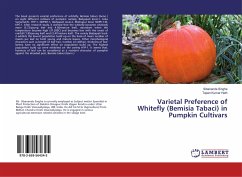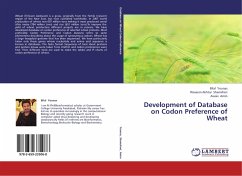Food habits in West Africa, including Nigeria are mainly based on tuber crops (cassava, yam) and cereals (maize, rice, millet). These foods, although they have high nutritional values, the quality of protein they provide,leaves much to be desired. There are many cases of malnutrition and deaths of infants.It is thus necessary to suggest, that increasing consumption of foods rich in proteins is needed.Cowpea is an ideal inexpensive source of protein in African diets. In Nigeria,it can be consumed in different forms, either through direct cooking (whole grain cooking), processing into 'akara' (fried cowpea balls), 'moin- moin' (steamed cowpea cake), or as a component of other meals as in cowpea soup and rice.Cowpea is very palatable, highly nutritious and relatively free of metabolites or other toxins.The nutritive value of cowpea lies in its high protein content of about 23%, which is double that of cereals, fat content of 1.3%, fibre content of 1.8%, carbohydrate content of 67%, and water content of 8-9%.Studies in over 40 countries of the world show a direct link between consumption of dry beans and reduced incidences of chronic diseases including cancer, and for child survival.
Bitte wählen Sie Ihr Anliegen aus.
Rechnungen
Retourenschein anfordern
Bestellstatus
Storno

